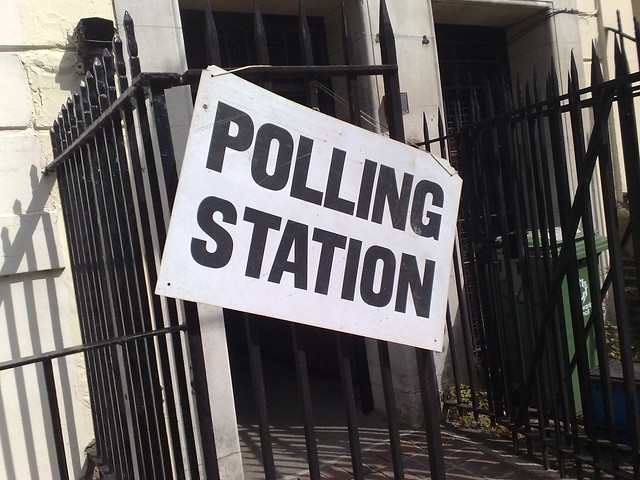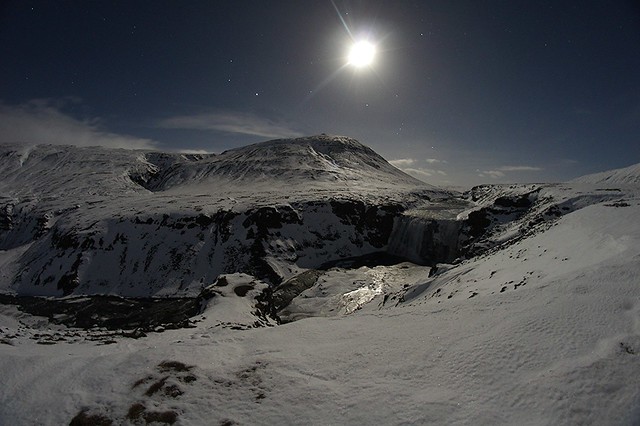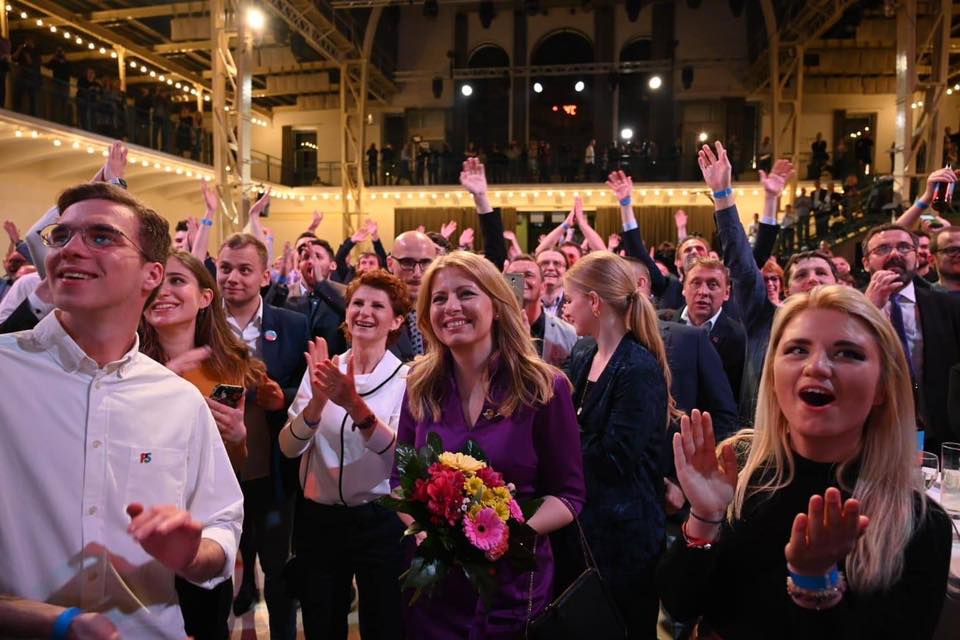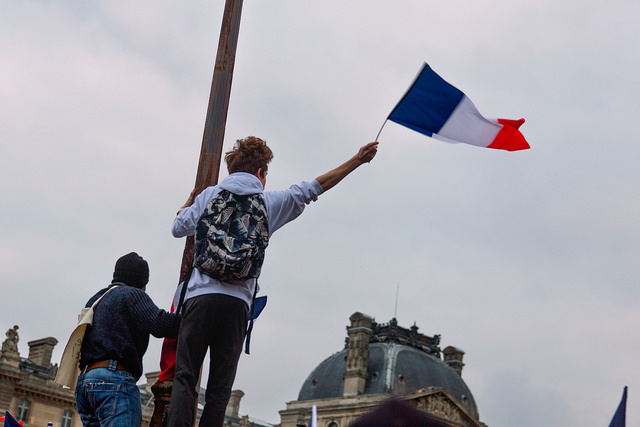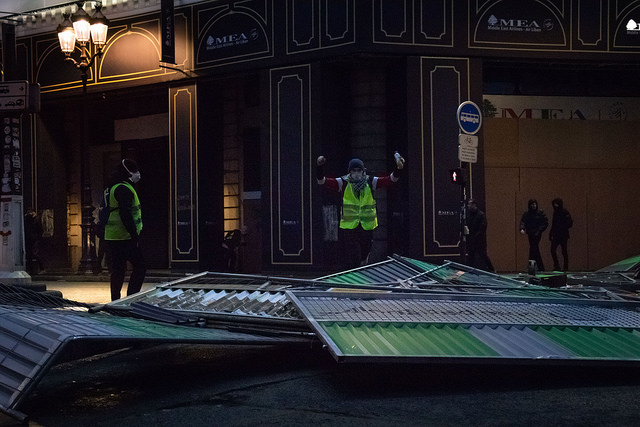The winners and the losers in the European project
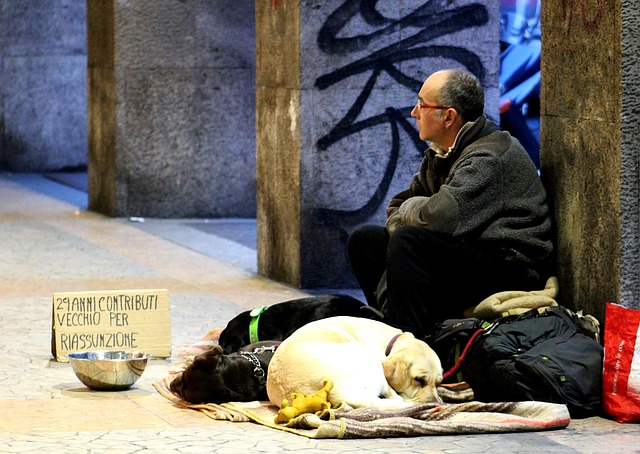
There was something for everyone in the European elections.
The liberals and Greens did well, with voters backing their pan-European visions for the environment, worker health and safety regulation, and human rights.
So too did conservative groups hostile to the European project, ranging from Marine Le Pen’s National Rally in France to Matteo Salvini’s League in Italy and Nigel Farage’s Brexit Party in the UK.
And if the establishment that had gathered around the social and Christian-democrat parties lost ground, at least they were left standing where they were, in the centre. There were fears they’d be wiped from the political map.
And yet the election shows that the irreconcilable forces of the winners and losers from the European project are both gathering strength.
The European Union was intended as an economic solution to a political problem. If the barriers to commerce between the powers of Europe could be lowered, they would acquire a vested interest in the stability and prosperity of each other.
The foundation declaration for a European union by French statesman Robert Schuman in 1950 held that:
The pooling of coal and steel production should immediately provide for the setting up of common foundations for economic development as a first step in the federation of Europe, and will change the destinies of those regions which have long been devoted to the manufacture of munitions of war, of which they have been the most constant victims.
The removal of barriers has gone far beyond the dreams of the union’s founders with the abolition of all internal border controls for the movement of people, goods, services and capital. For 19 of the now 28 member states, national currencies have been abolished and replaced with the euro.
This has transformed the nature of European commerce, as businesses tap a market of 500 million people. Over the past 20 years, trade between member European nations has risen from 12% to 22% of their combined GDP.
The number of European Union citizens living in a member country other than their own has risen from 4.76 million to 16 million.
Companies are better able to deploy economies of scale, and they can eliminate losses from border taxes and improve the calibre of their recruitment.
The European Union has also become a potent regulatory force on everything from climate change to food standards. Although Brexit campaigners fret about the fate of the British sausage before the eurocrats, the stated goal is to replace the thickets of national regulation with uniform rules across the continent, easing the path of commerce.
In principle, these changes should generate higher productivity and stronger economic growth.
In practice, that has been hard to detect. A recent study tried to identify the impact of membership of the European Union, exploring a wide range of data.
It compared the growth performance of recently joined members from Eastern Europe with the outcome for former members of the Soviet bloc that did not join. It looked at the original 21 OECD member countries from the 1960s and compared the performance of the European Union members with the nations that remained outside it (including Australia). It compared different time periods and different measures of GDP per capita. None of these comparisons showed that membership of the European Union brought gains to growth. Most showed the reverse.
The authors emphasised that their results were for Europe’s growth as a whole and conceded that individual members might do better but only if others, to achieve the average, did worse. Indeed, there are reasons to believe this is the case.
Creating a uniform business environment across Europe required a common monetary policy and the creation of a single currency. The idea was that it shouldn’t cost more to borrow in one country than another and that economic borders can’t be eliminated if different currencies prevail. But economic conditions vary: the highly educated workforces in the Northern European countries, for example, achieve higher productivity than workers in the countries with less developed education systems in Europe’s south and east.
It’s the same in any federation. When there have been complaints in Australia about a ‘two-speed economy’, as some states lead and others lag, the Reserve Bank has commented that it can only set a uniform monetary policy for the nation.
However, Australia and other federations all have mechanisms for stabilising the ups and downs of their constituent states. Australia goes further than most with the Commonwealth Grants Commission, which is mandated to ensure that the carve-up of GST revenue leaves all states and territories with the fiscal capacity to provide services of the same standard. In addition, poorer states pay less income tax and GST per capita and receive more in welfare and other benefits.
In Europe, none of this occurs. The European Commission’s budget is less than 2% of EU members’ combined GDP and it has no responsibility for benefit payments or taxes.
To make matters worse, the rich countries of the north have vetoed any European Central Bank bailouts for nations that get into financial difficulty. Taxpayers in the rich countries will not tolerate money being spent in poorer countries.
The single currency exacerbates the differences between the member nations. Between 2002, when national currencies were abolished in favour of the euro, and 2008 when the global financial crisis struck, the higher productivity growth in countries like Germany and the Netherlands meant that their labour costs fell while those in lower productivity growth nations like Greece and Italy rose.
If the countries had separate currencies, the German and Dutch exchange rates would have risen and the Greek and Italian rates would have dropped, but with a single exchange rate, the northern economies became more internationally competitive and the southern economies found it harder to make headway in world markets.
A measure of the ‘real exchange rate’, which looks at how much international currency is required to buy a unit of labour, shows that between 2002 and 2008, when the financial crisis struck, German labour became 54% cheaper while Greek labour became 7% more expensive, measured in euros.
Since the crisis, Greek labour has become cheaper, but only because actual wage rates have been slashed.
The European Union creates winners. There are gains for educated people who win career advancement in businesses tapping the vast European market, and for those from poorer countries with sufficient skills to get work in high-income countries.
But a single-currency federation with no redistribution of tax revenue and widely varying productivity generates the losers who are feeding a dangerous political disenchantment.


